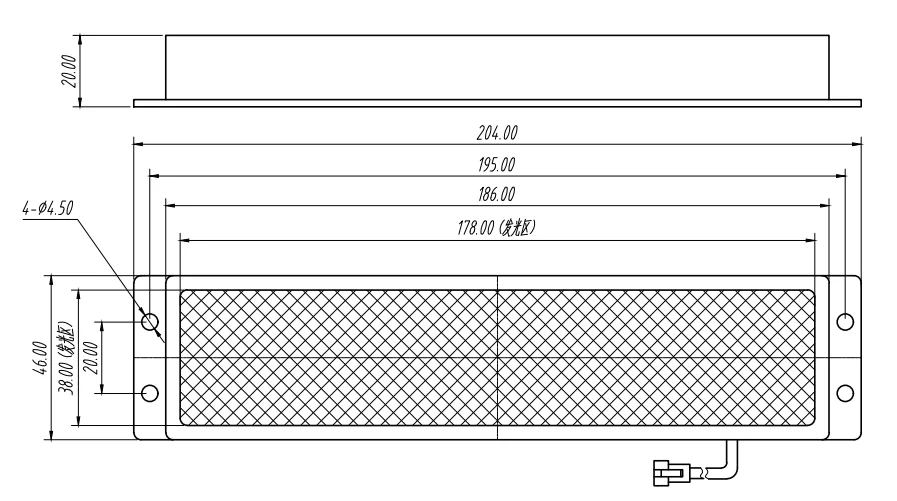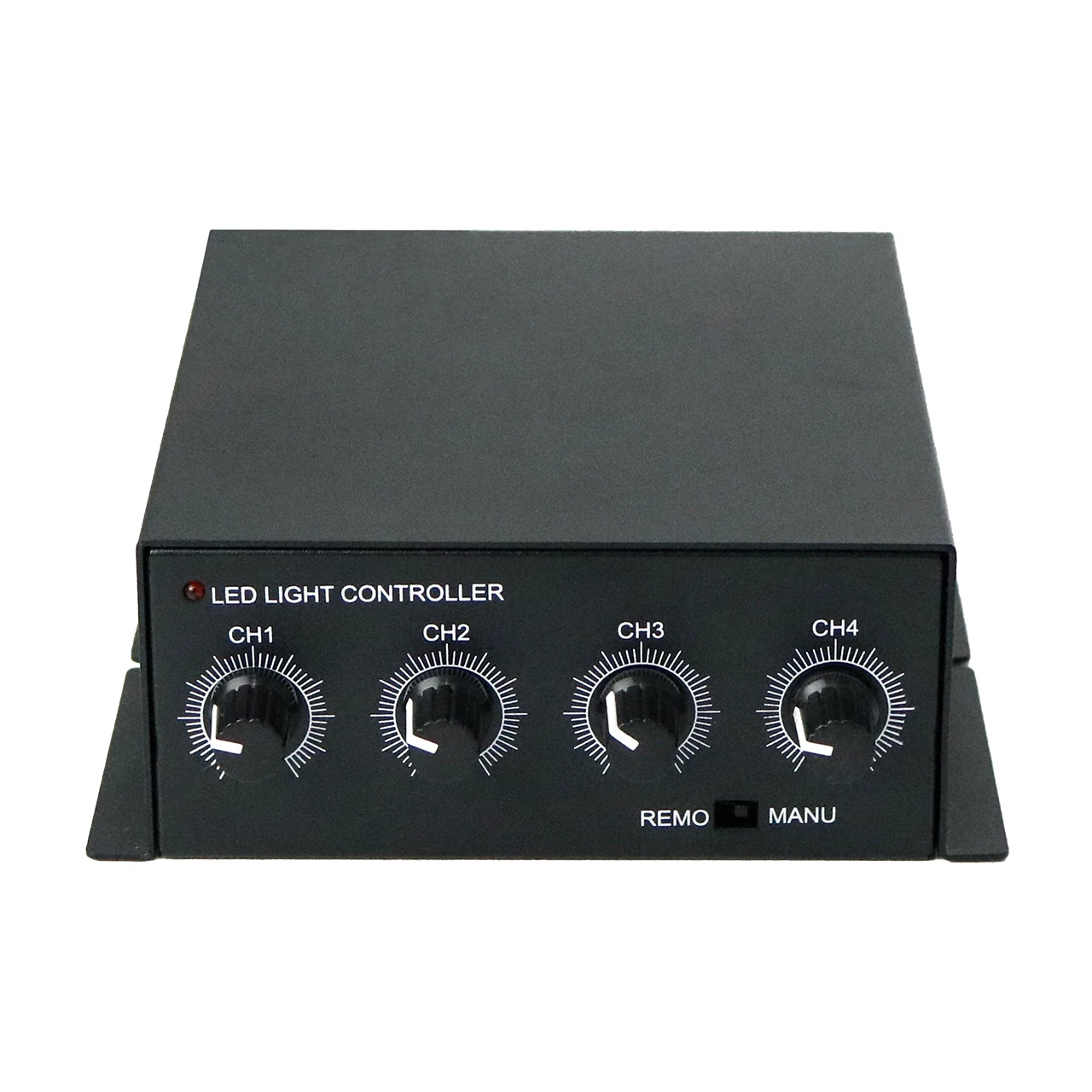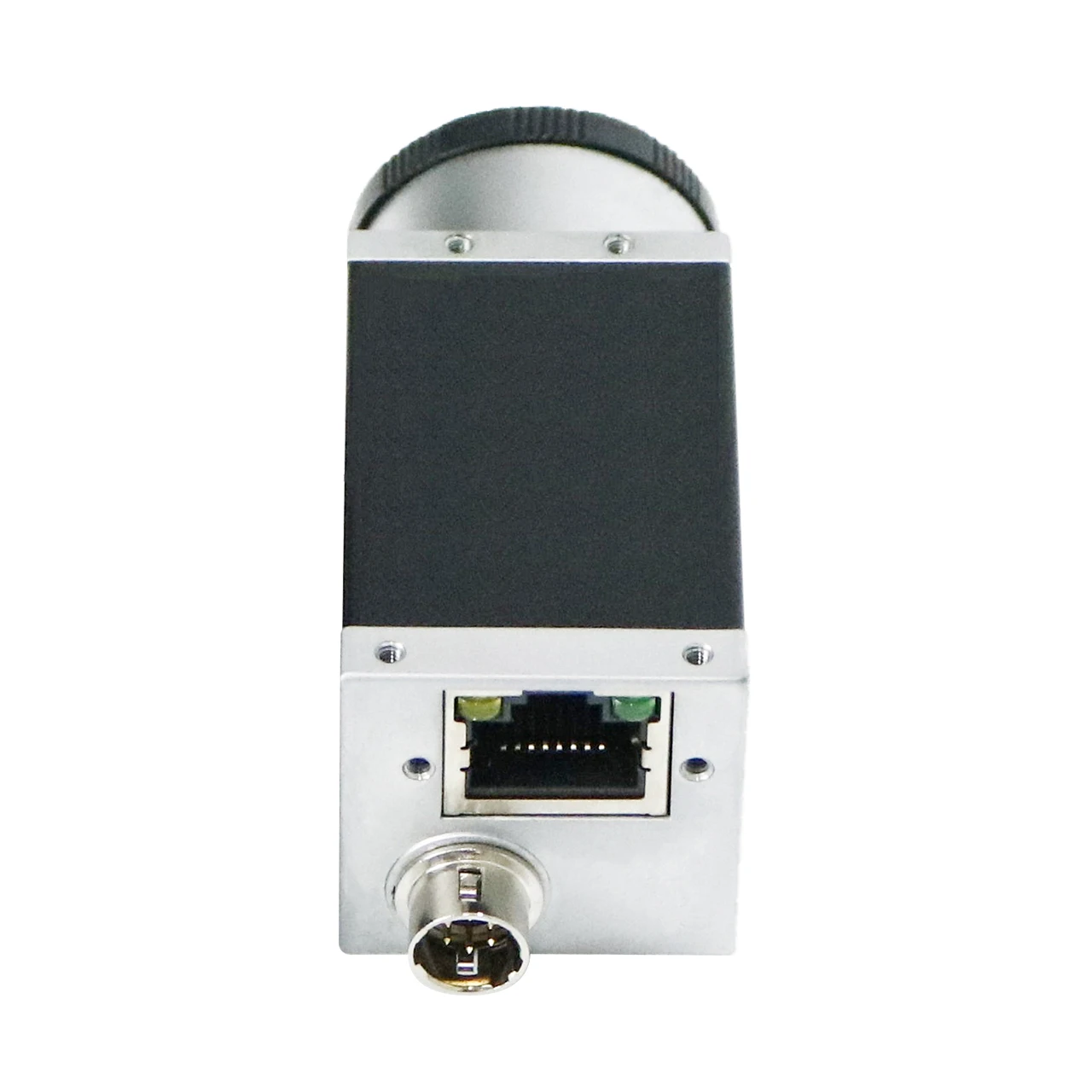Packaging fixed prime numbers can be a bit slippery at first, but with some help you’ll see how essential they are in mathematics. Fixed prime numbers have the property that they are only divisible by 1 and themselves. For instance, the number 2 is a prime number, because it can only be divided by 1 and 2. Other such prime numbers include 3, 5, 7 and 11.
There are really interesting types of fixed prime number properties in number theory. Number theory is a branch of mathematics that studies numbers and how they fit together. Prime numbers help mathematicians see patterns in numbers and solve math problems.

It's interesting to investigate fixed prime numbers! A neat thing about a fixed prime is that it is mostly odd (except for 2). So they can’t be exactly divided in half by 2 — and that makes them special. Prime numbers aren't fixed in relation to other numbers, such as composite numbers (ie beyond 1 and themselves)?

Fixed primes are also crucial in cryptology. Cryptography is the science of protecting information by encoding it. Fixed prime numbers are used to make secure codes and passwords, which are extremely difficult to break. We wouldn’t do that, with hard coded prime numbers, if we could protect sensitive information from hackers and bad people.

Many calculations in math involve fixed prime numbers. They help to find the greatest common divisor of two numbers, or indicate how many divisors a number possesses. They also play a role in prime factorization, where you factor a number into its prime factors. For solving many math problems, this is necessary and it also helps us understand how the numbers are related to one another.
As a nationally recognized high-tech enterprise with dual software and system integration certifications, we specialize in core technologies including machine vision software, robotics, precision motion control, and intelligent inspection systems.
Supported by a skilled engineering team, we offer tailored vision product development, cost-optimized sourcing, consolidation services, and specialized logistics—providing complete, cost-effective visual solutions and responsive after-sales support.
We maintain 100% product inspection rates, implementing strict quality oversight from raw material sourcing and assembly to final testing and packaging—ensuring reliability, compliance, and efficient delivery for global clients.
A pioneer in new energy battery inspection technology, we apply our advanced vision systems and AI-driven solutions across industrial manufacturing, precision components, and smart automation, driving innovation in high-growth sectors.